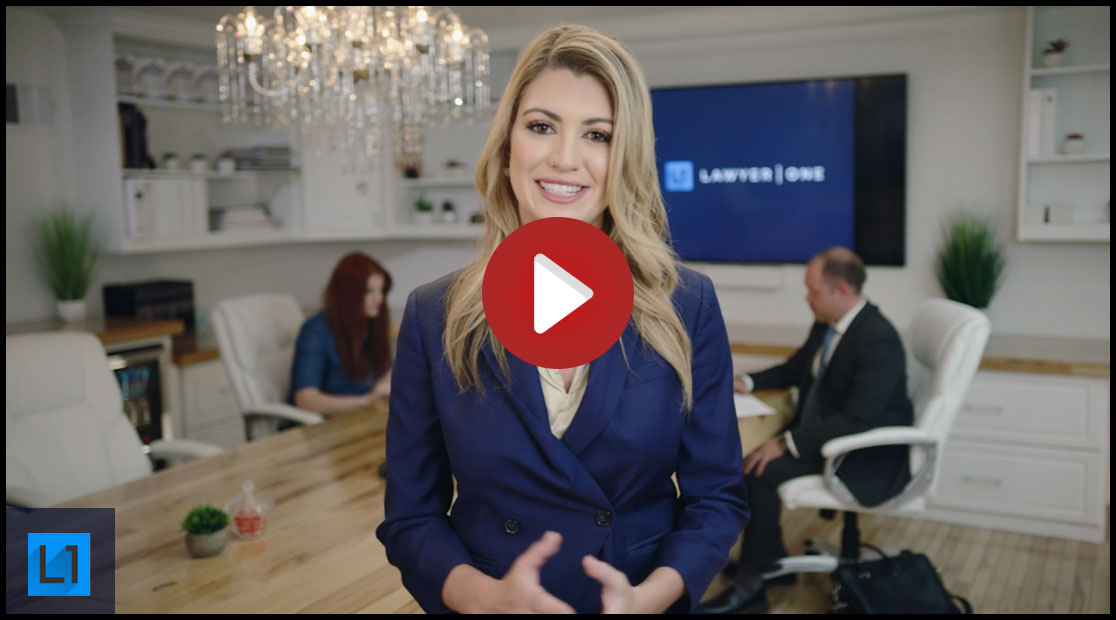Helping keep you accountable.
Hiring a tax attorney can help to lower tax payments for you and/or your business. Filing taxes can be a lengthy, tedious process. That’s why we work with the IRS to ensure that all of the hard work is done on your behalf. Our services extend to individuals, businesses, estates, and also covering any tax-related disputes. Whether you are settling back taxes or need assistance with unfiled returns, our group of skilled professionals can guide you through the tax process and take the pressure off of your hands.
We know that every situation is unique. That’s why our firm has a wide variety of tax attorneys who specialize in many different areas of tax-related business dealings. We work to create a plan for your future individual or business dealings to ensure your tax payments are kept to a minimum. Don’t get stuck dealing with the IRS on your own, let us take over your tax planning process.
What are the types of tax planning law?
Tax attorneys and the type of tax planning they practice can be broken down into three different areas. Here are the three different areas of tax planning for attorneys:
General – General tax attorneys usually work with businesses or corporations. These types of tax dealings can be anything from designing tax plans, assisting with tax disputes, and working with other types of attorneys when taxes are related. You can liken a tax attorney that of a consultant because they deal with many other areas within a firm, not just with other tax attorneys.
Estate Planning – When it comes to estate planning many don’t realize that hiring a tax attorney is also needed for this process. An estate planning tax attorney typically focuses on gift tax in the estate planning process. As opposed to a general tax attorney, an estate planner works more with individuals and families as opposed to businesses. This type of attorney may also deal in will and trust administration processes with family members.
ERISA – ERISA refers to the Employee Retirement Income Security Act. Tax attorneys that practice in this field of tax law typically deal with work-related proceedings. In this type of law, a tax attorney will typically assist in pension, employee benefits, retirement planning, and helping to protect the rights of employees who participate in this plan.







